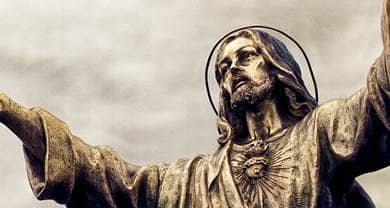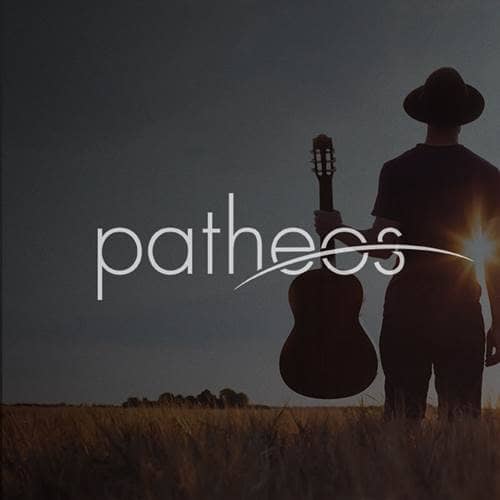- Trending:
- Pope Leo Xiv
- |
- Israel
- |
- Trump
- |
- Social Justice
- |
- Peace
- |
- Love

RELIGION LIBRARY
Lutheran
Sacred Time
The Lutheran liturgical calendar is modeled closely on the liturgical calendar of the Roman Catholic Church. (A "liturgy" is an organized order of worship; a "liturgical calendar" is the ordering of worship services through a year.) A typical Sunday service includes hymn singing, readings from Old and new Testaments, a sermon, an offering, prayers, celebration of the Lord's Supper and a benediction. Lutherans organize the schedule of weekly worship services throughout the year on a "Temporal Cycle," which is tied to events in the life of Jesus. The dates of events associated with Easter shift in the secular calendar, because the date of Easter is celebrated on the first Sunday after the first full moon after the spring equinox. The events associated with Christmas are fixed, since Christmas is always on December 25. The year is divided into:
Advent (the four Sundays before Christmas; Advent ends at sundown on Christmas Eve)
Christmas season (from sundown Christmas Eve through January 5). The first Sunday in January honors the naming of Jesus and his circumcision.
Season after Epiphany (January 7 until the day before Lent). Epiphany, celebrated on January 6, marks the visit of the three wise men to the infant.
Lent (seventh Sunday before Easter until sundown Easter Eve). Lent begins with Ash Wednesday, and ends in Holy Week or Passion Week, which is the week that commemorates Jesus' last week before his crucifixion. Palm Sunday marks his entrance into Jerusalem; Holy Thursday or Maundy Thursday marks the Last Supper of Jesus and his disciples; Good Friday marks his crucifixion.
Easter Season (from sunset Easter Eve through the day of Pentecost). Easter marks the resurrection of Jesus from the grave, and is generally considered the holiest day of the year by Lutherans and other Christians. Pentecost derives from a Jewish holiday. The word literally means the fiftieth day. It marks the descent of the Holy Spirit on Jesus' followers as they were gathered following Jesus' death and resurrection. The Spirit allowed them to speak in tongues, and to understand one another. It typically marks the founding of the church.
Season after Pentecost (from the day after Pentecost through the day before Advent).
Festivals (Nativity, Epiphany, the Baptism of our Lord, the Transfiguration, the Annunciation, Palm Sunday, Easter, the Ascension, Pentecost, Holy Trinity, All Saints, and Christ the King) have special orders of worship that displace the regular Sunday morning liturgy. Ash Wednesday and all the days of Holy Week are called Days of Special Devotion. The Lutheran liturgical calendar also includes Lesser Festivals marking special events in the life of Jesus and the disciples (these festivals do not displace the regular Sunday liturgies), and Commemorations marking important events in the history of Lutheranism.










